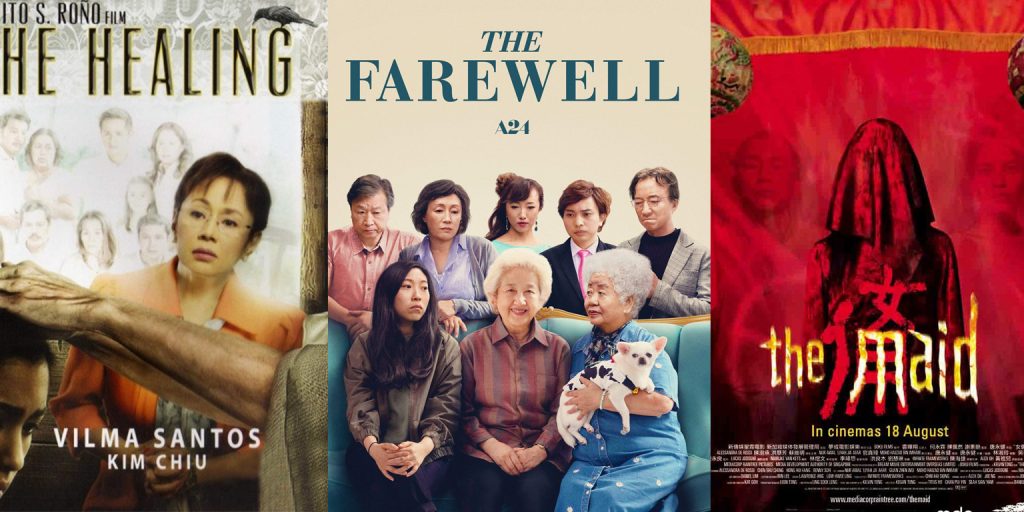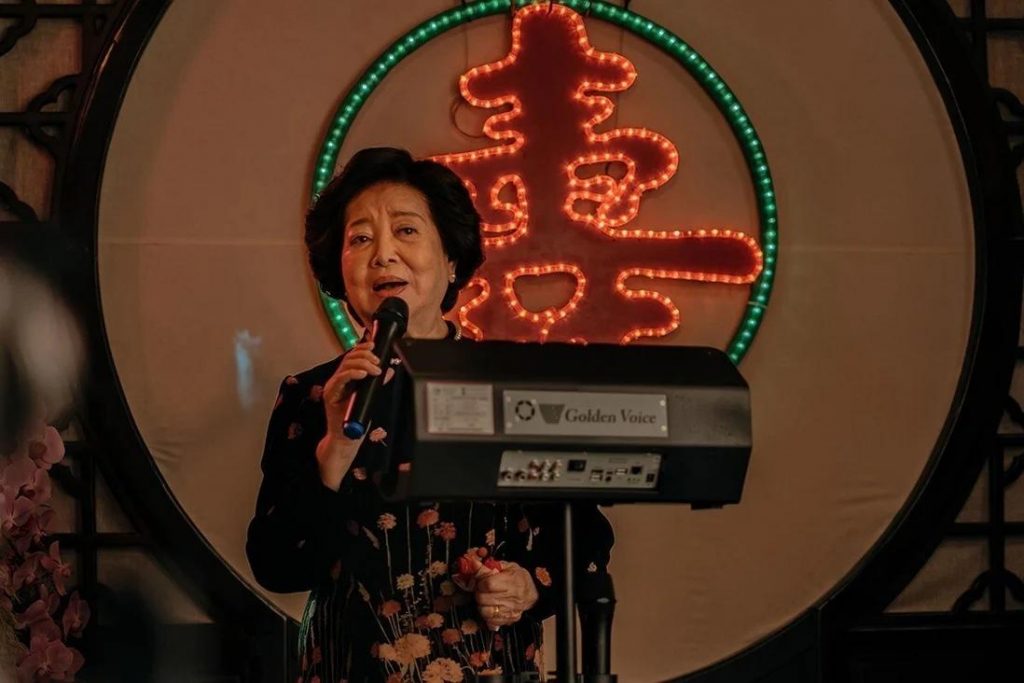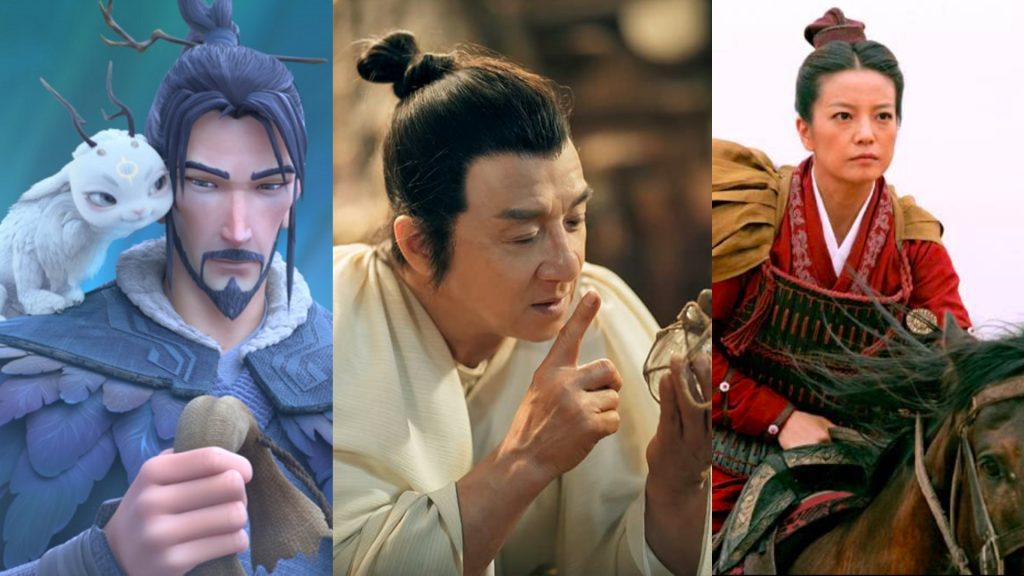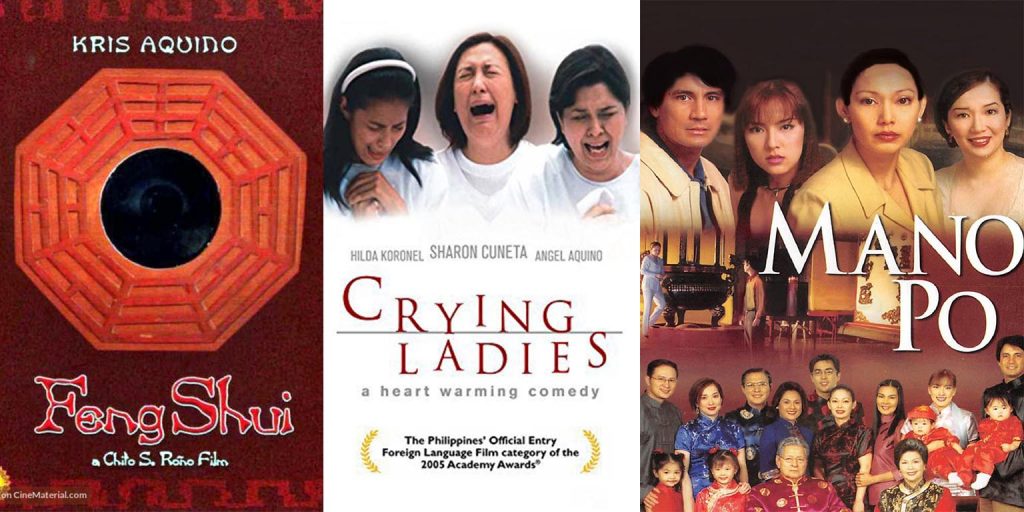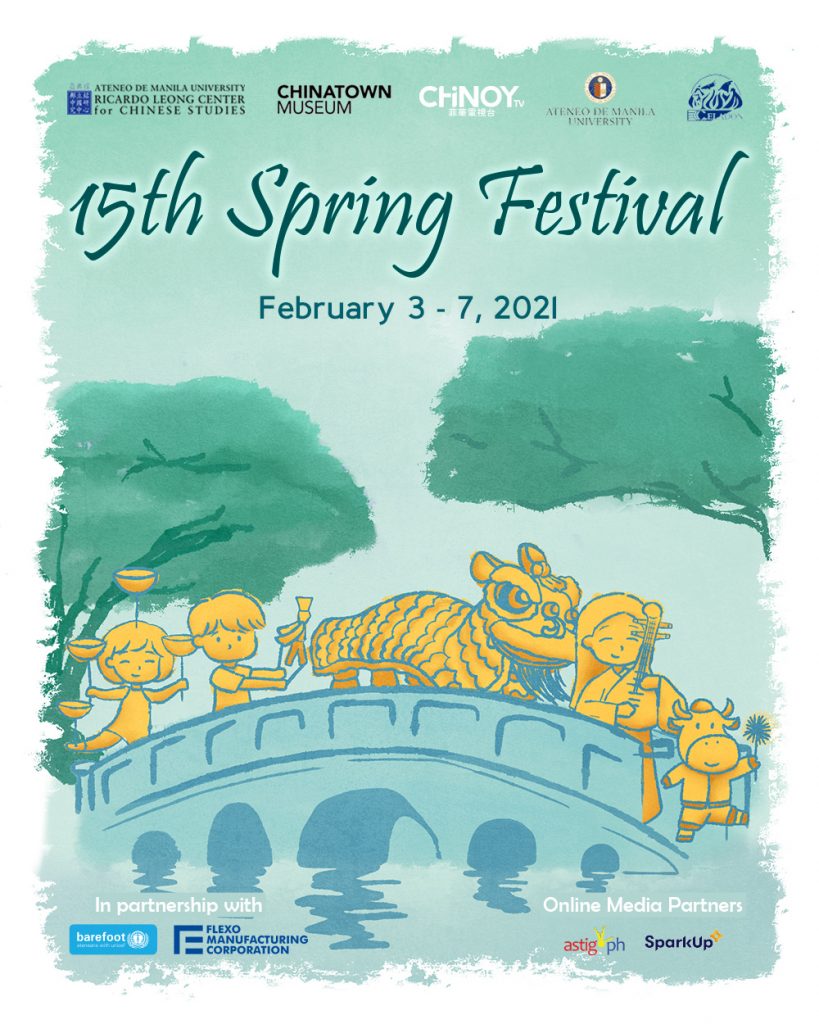Ricky Lee: The Storyteller Who Shaped Philippine Cinema
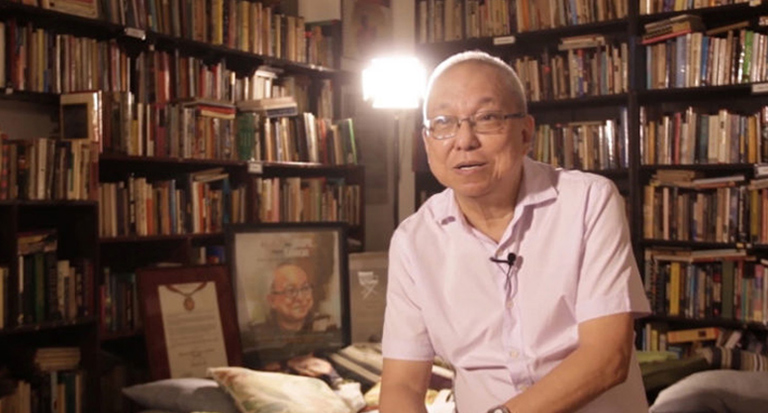
Screenwriter, novelist, and playwright Ricky Lee is a legend in Philippine cinema, having co-written over one hundred local films, including classics such as Jaguar (1979), Himala (1982), Karnal (1983) and The Flor Contemplacion Story (1995), for over forty years. Lee’s colorful history, from his childhood as a young Chinoy orphan with a knack of telling stories, to running away to Manila, to becoming a Martial Law-era activist, was all important moments in Lee’s life that molded him to become the storyteller he is today.
BUKAS… MAY PANGARAP
Born from a Chinese father and a Filipino mother in Daet, Camarines Norte, Lee was largely brought up in a Chinoy household by his paternal relatives. His mother died when he was five years old, so he was sent by his father to his relatives since he could not support him. Lee only knew his father as a scholar and a secretary of the Chinese Chamber of Commerce, who was loved by the Chinese community but was shy in nature. Lee only visited his father sporadically and hardly spoke to him until his death when Lee was in Grade 5.
Writing has always been Lee’s passion and profession even from a young age, but he had to work hard at an early age by manning sari-sari stores and selling alcohol. “I think I got it from the fact that I am an orphan. When you are an orphan, you live with anyone to survive,” he recalls, “So even if I was loved by my relatives who adopted me, you always have this feeling that, ‘You don’t belong,’ and because you don’t belong, you strive harder, you study harder, you work harder so you will belong. But it never happens, because you never belonged in the first place. So there’s an endless strive of working hard.” He credits his being an outsider and his introverted personality as what drew him into stories, saying “I just kept reading books. When I read books, that’s where I’d become somebody else. It’s how I escaped into a smaller world.” Books and later movies became his means of escape, and, according to Lee, “That paved the way for me to create my own stories.”
The more he read books and watched movies, the more he felt inspired to create stories of his own. “I started telling stories that I’d read to my cousins, and eventually I’d start to change the endings, until I created new stories for them,” he shared, and eventually he was sure about wanting to be a writer in high school. In his senior year in high school, he submitted a typewritten fiction short story to the Filipino Free Press. His short story was accepted and he was paid P50 – a hefty price at the time – and with that money, he and a few friends ran away from home after their graduation, from Bicol all the way to Manila, with no plans on what to do next.
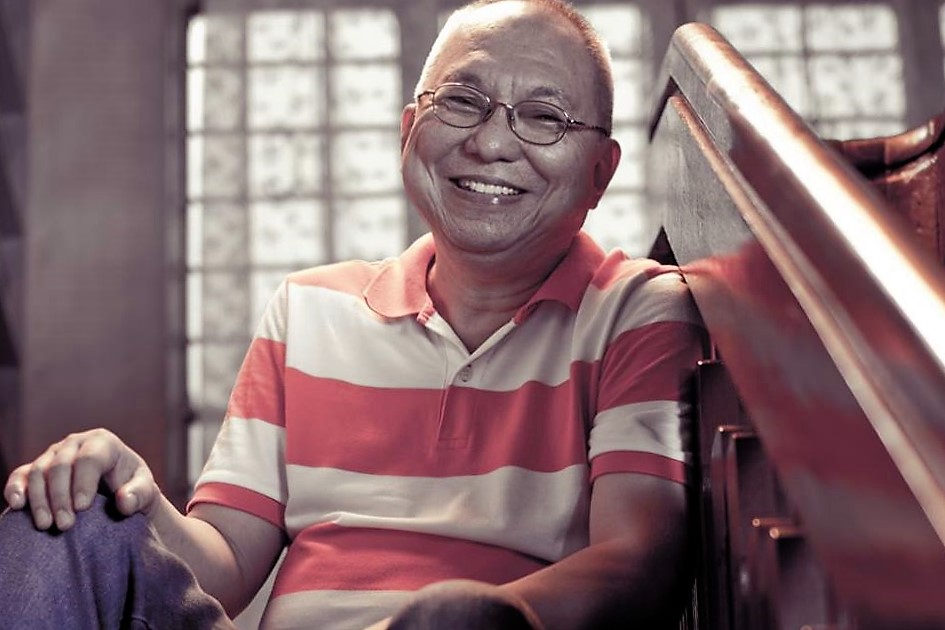
Taken from Rappler
BULAKLAK NG MAYNILA
In Manila, he continued to write and submit short stories to the Filipino Free Press while working various jobs, such as being a waiter, a salesman, and an accounting clerk, to earn money. He initially studied in Lyceum of the Philippines University before moving to the University of the Philippines, majoring in AB English, where he won a Palanca Award in his second year.
He credits his love for writing not in his talent but in his hard work, passion, and determination. “I wanted to write. I wanted to live. I wanted to be somebody, “ he confessed, saying that he “wanted to accomplish something [he was] proud of before returning to Bicol.” He balanced maintaining high grades in UP to retain his scholarship while working in his many jobs to make ends meet. He wrote for Filipino Free Press and Reader Magazine alongside famous writers such as Nick Joaquin and Pete Lacaba until the infamous Martial Law era, where he dropped out of UP to become a full-time underground activist.
He was eventually caught and jailed in Fort Bonifacio, where he stayed for a year. “It happened because I was doing what I wanted to do. It wasn’t forced unto me. I believed in it. It was the best way for me to live my life. It isn’t just about writing, but it’s also about being involved,” he shared. In his underground days, he was also an uncredited screenwriter for the film Dragnet (1973), which focused on a Chinese person who witnessed a murder and a Filipino detective who helps convince him to testify. The film’s lead, former president Joseph Estrada, wanted a Chinoy writer to pen the script, which Lee took on despite being uncredited. The story was to show that Chinese can be integrated into the Filipino community, especially for Chinoys who were born and raised in the Philippines. “It was one of the few films where the portrayal of Chinese wasn’t stereotypical, funny, a bad guy, a rapist or a syndicate leader. He was more involved in a progressive way in Philippine society,” Lee shared.
Upon his release from prison, Lee worked for the Development Academy of the Philippines. Though he was hesitant to enter Philippine showbiz, his first official screenwriting credit was Jaguar (1979), which paved the way for his four-decade, multi-award-winning work in over a hundred Filipino movies such as Moral (1982) and Himala (1982).
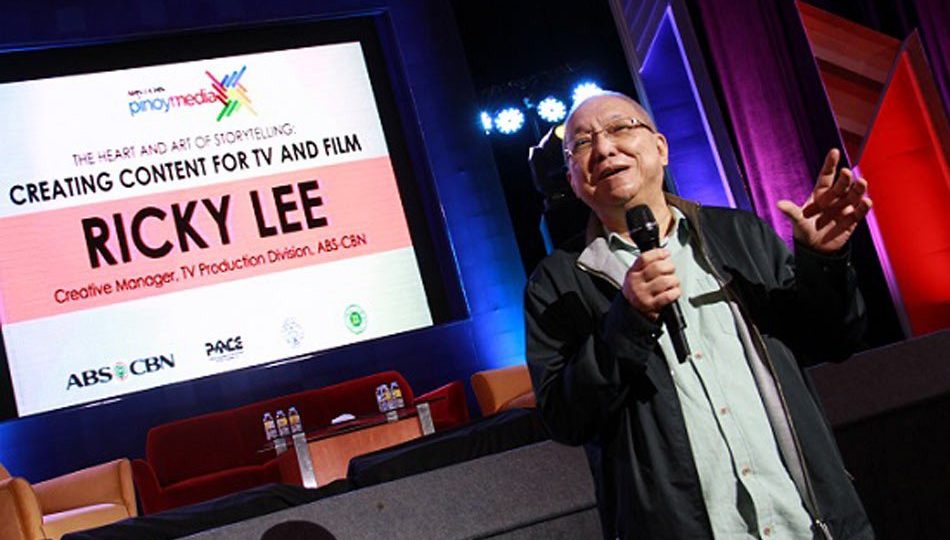
Taken from Coconuts Manila
SA AKING MGA KAMAY
On advising younger generations of writers, he simply advises them to just start writing. “Don’t wait for the time you are ready to write, because that will never happen. While writing, you are preparing yourself. Your writing is what will help you become ready. You can’t prepare just by studying and attending workshops, because that will never happen. The only way for you to learn to write is by writing,” he shares. He states that the writer’s worst enemy is themselves, due to making various excuses and acting on many insecurities, but the more they write, the more the writer becomes his or her own best asset. He acknowledges that the hardest part of writing is the first few minutes when writing kicks off. “When you reach a certain point where you cross a threshold, you’d feel that something opened up, and then you’d lose yourself in writing, and then you feel so powerful, like you can write anything, then the ideas flow and you’ll just keep writing and writing. That’s when you’ll feel you are your biggest asset in writing.”
He shares that life’s experiences can really help in being an artist, whether it’s being an actor, director, writer, or other jobs. “It’s a struggle between what’s inside you, amongst you, that strives to create a great story, and it pushes you to become a great writer, so that you won’t die as a writer.”
If you want to learn more about this Chinoy, watch his extended CHiNOY Profiles here!





